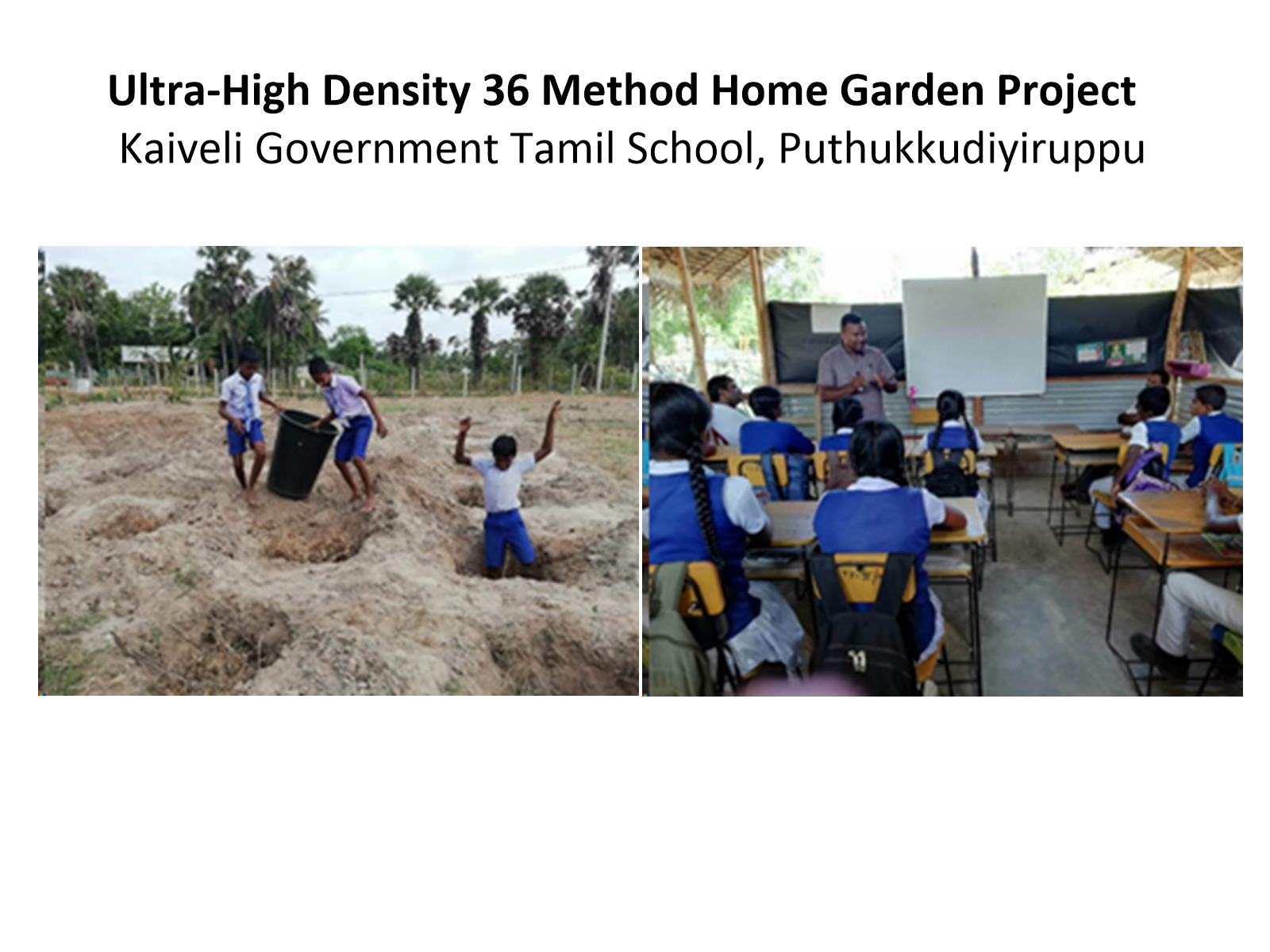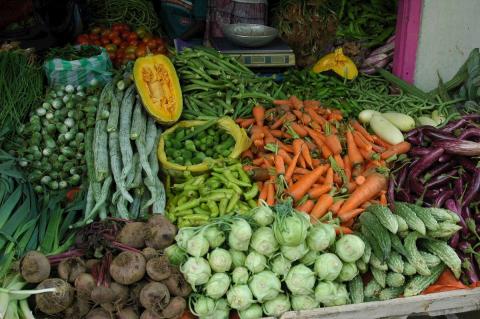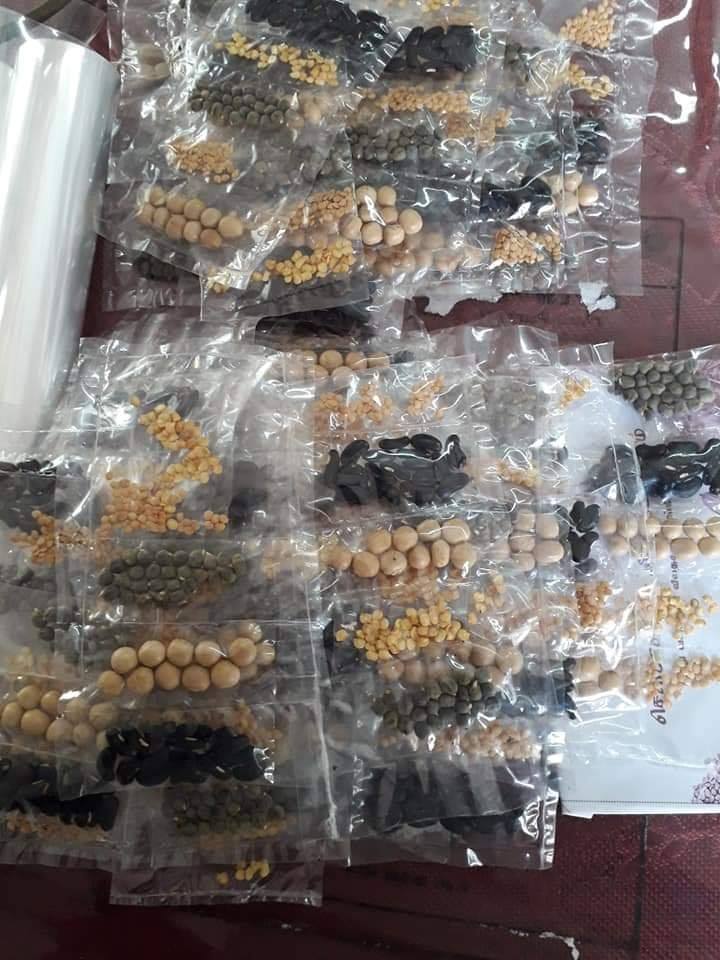Project

Ultra-High Density 36 Method Home Garden Project - 2018

Kaiveli Government Tamil School, Puthukkudiyiruppu Ultra High Density 36 Method Home Garden Project
Lotus Caring Hands takes immense pride in supporting this unique practise in the Kaiveli Co-education Government Tamil School project. The town Kaiveli, is based in the North East of Srilanka and has been a poverty stricken area. The situation was made aggravated when this place was hit by the Tsunami in 2004. The socially and economically deprived communities based in this village were faced with the biggest dilemma of feeding their children. Most children are sent to school with the hope of getting some form of meal which they do if they qualify within the age criteria set by the Government. However, there have been two age groups who were even deprived of this basic facility.
The school has a large number of students reporting to it but sadly many of them only come their seeking food for their hunger. They are the future generation of this area and we wanted to give them a sound foundation. Thus, the Home Garden project was introduced at the Kaiveli Government school to feed the children and elevate their families from their present state of hardship which also has numerous other benefits.
The project High Density 36 Method is a farmer friendly, eco friendly methodology that lays the foundation for a cost effective system that provides a stable income for these deprived households. This project is unique in its own way though a subset of HGs in Sri Lanka and requires absolutely no monetary investment for purchase of key inputs like seeds, fertilizers and plant protection chemicals.
The project aims to introduce the concept of sustainable agriculture practices and traditional agriculture methods through provision of training and practical experience to the School Community.
Agricultural sustainability is a complex idea with many facets, ensuring the profitability of the business that contributes to a robust economy by being cost effective, the social balance of dealing fairly with the surrounding community and the environmental. It focuses on management of the natural systems and resources that farms rely on. This project depends only on locally available bio-degradable resources, such as cow dung, urine, plant, leaf materials, rice, straw etc, for soil fertility improvement. UHD 36 HG represent of perennial mixed cropping comprising a variety of tree crops with multiple uses.
Other benefits rendered by this project are
- Contribution to sustainable diets and livelihoods.
- Building and maintaining healthy soil for cultivation
- Managing water wisely
- Minimizing air, water, and climate pollution
- Promoting globally important biodiversity
- There is no requirement for chemical pesticides and fertilizers that damage soil water, air, and climate.
- Mixed Cropping and crop Rotation-Planting a variety of crops can have many benefits, including healthier soil and improved pest control. Crop diversity practices include intercropping (growing a mix of crops in the same area) and complex multi-year crop rotations.
A students are trained once in 12 months during the harvest season by providing them with planting materials for them to indulge in their own cultivation programmes. The system has many salient features one of which is the reliance only on native breed cattle which is an integral part of families from rural areas.
The project activities are monitored and evaluated. The best practitioners will be trained as leader trainers to re-train other respective villagers. The concept of farmers to farmer technology transfer will be established as a concept in this project by making the farmer self-reliant economically.
Lotus caring hands takes immense pride in facilitating this project which has now entered the second phase since inception. The programme has been in par with t.he plan







